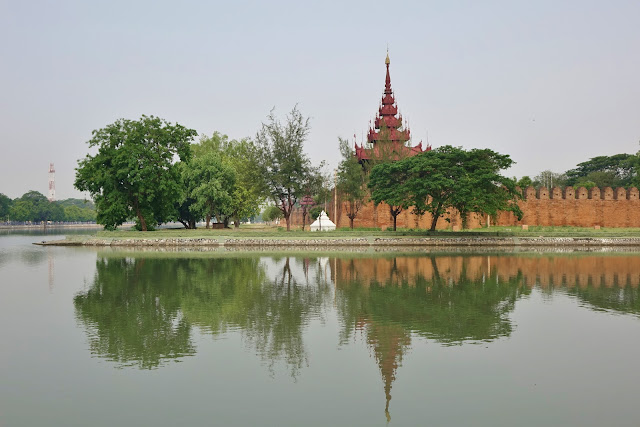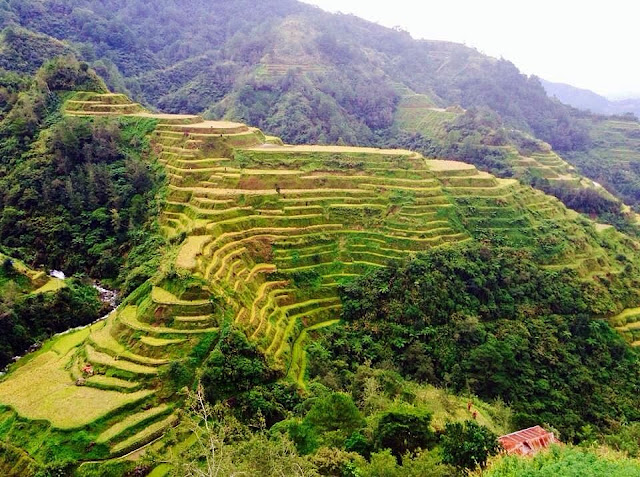Myanmar: The Road to Mandalay
We arrived in Mandalay by plane, but it was a long highway from the airport before seeing the “Welcome to Mandalay” sign. The drive to our hotel at the foot of the Mandalay Hill continued for at least an hour due to traffic. It seemed like a boring town at first, bustling with commerce. It was not until approaching Mandalay Hill where the images of a romantic, bygone era came into view with the Royal Palace and impressive moat.

The road to Mandalay leads to popular tourist destinations: Mingun to the west, Amarapura to the south and Pyin Oo Lwin to the east. Our next day was dedicated to seeing the famous temples and pagodas in Mingun.
Mingun
The Pahtodawgyi is a humungous stupa that should have become the largest stupa in the world with a height of 150 meters. Constructions of the stupa were started in 1790 by King Bodawpaya and was stopped due to the astrologer’s prediction that once the stupa was done the king would die. It is still massive in its present form.
The Hsinphyumae Pagoda is a beautiful white pagoda, designed in the form of Buddhist mythological Mountain Meru.
Mandalay
The clouds were getting dark after Mingun and a little later, it started to rain. The rain grew into a storm at lunchtime. Seemed to be the pattern in the last few days: beautiful morning, then dark clouds, then rain, then storm at lunchtime and the sun would come out again after lunch. |
| The road leading to our hotel got flooded after a few minutes of rain. |
One of the city’s notable attractions includes Kuthodaw Pagoda, known as the biggest book in the world, where Buddhist scriptures are inscribed on 729 marble white stupas.
Mandalay Hill. I would have preferred to walk up the hill to catch the sunset, but our guide did not encourage us to do the 45-min to an hour walk. Instead, we took the mini-bus/jeep. It was a very exciting ride nonetheless. There are a few steps from parking lot to the viewing platform. Mandalay Hill offers a great view of the town.
Pyin Oo Lwin
Originally the summer capital for the British to escape the heat in lower Burma, today, Pyin Oo Lwin is famous for the National Kandawgyi Botanical Gardens. I would have preferred more wild and native plants like orchids, but the colonial influence is not only visible today in buildings and wide streets, but the garden design. |
| The novice monks on an excursion to Pyin Oo Lwin |
Amarapura
On our last day in Mandalay, we traveled South to Amarapura, the royal capital in the 18th century. Today, it is home to Mahagandayon Monastery, where a thousand monks study the Buddhist teachings. We watched a thousand monks line-up for their lunch procession to collect their only meal of the day. |
| U Bein Bridge |
 |
| Taung Thaman Lake |
We were driving through the city to catch the ferry from the banks of the Ayeyarwady River to Mingun when our guide spotted a wedding at a temple hall. Our guide encouraged us to crash the wedding. It was totally random, but a good way to observe the local custom. I was surprised at how polite the locals were. They offered us, the wedding crashers, seats at the table and to partake some food. They even invited us to take pictures with the bride and groom.
The scenery from the banks of the Ayerwaddy River in total contrast to the gilded temples
|
NOTE:
All photos by the author




















Comments
Post a Comment